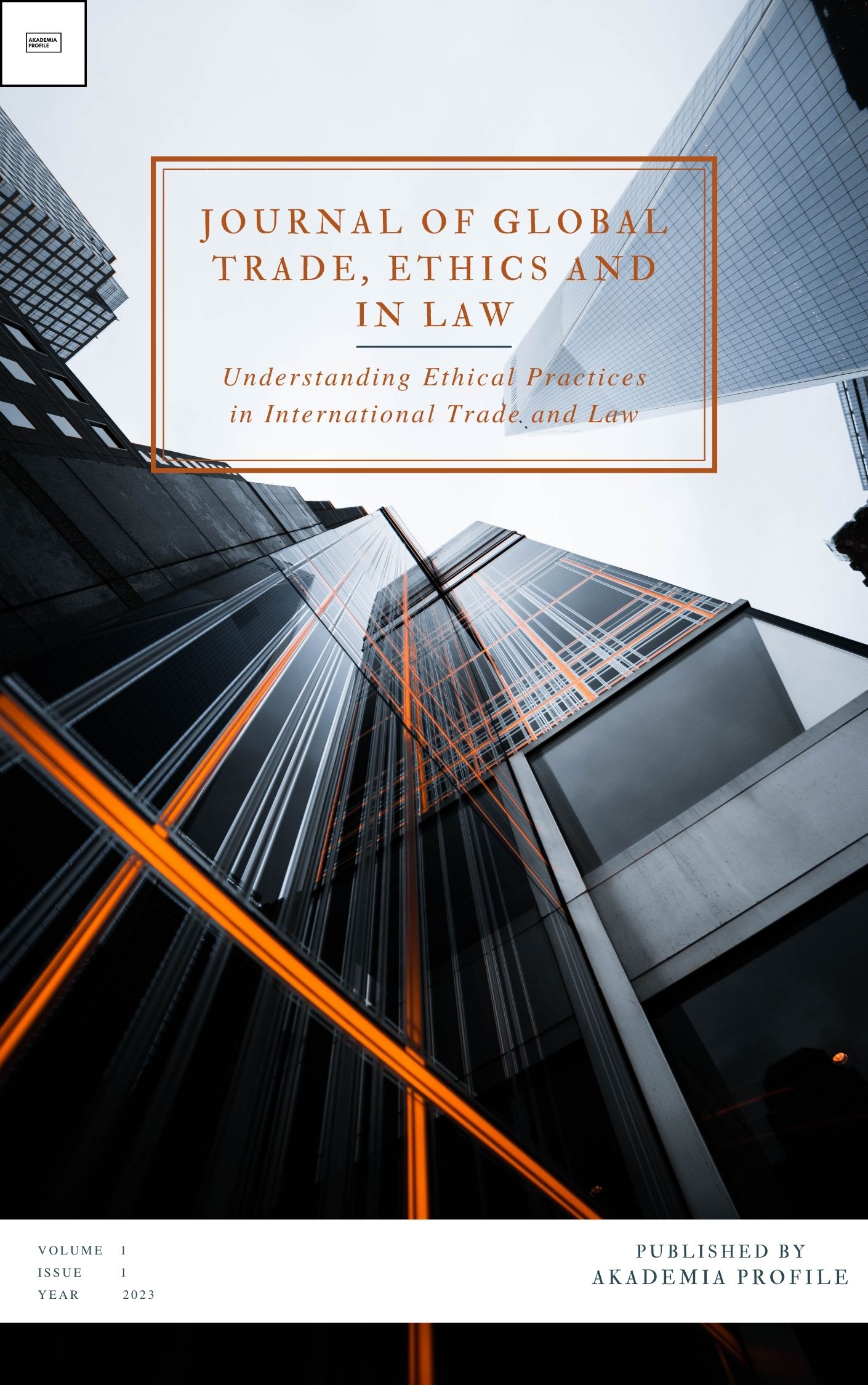
Published 2023-04-24
Keywords
- De-globalization,
- Growth,
- Exports,
- Imports,
- Innovation
- Productivity,
- Tariff ...More
Copyright (c) 2023 Journal of Global Trade, Ethics and Law

This work is licensed under a Creative Commons Attribution 4.0 International License.
How to Cite
Abstract
Concerns about the de-globalization attributable to protectionist trade practices are growing. The evidence that the actions of the countries concerned are inimical to their own interests might lead to an effective solution of the problem. Guided by this thought, this paper probes the role of foreign trade and other factors in India’s economic growth. Tariffs increased in India from 2011, a de-facto reversal of the tariff reforms done during the 1992-2008 period. This and the use of a large number of anti-dumping measures make it a phenomenon of foreign trade on the reverse gear (FTRG). Autoregressive distributed lag models show that the import restrictions negatively impacted import demand, and the loss of competition in domestic product market attributable to the import curbs and the reduction in innovation efforts, among other things, reduced productivity growth, which, in turn, hurt export performance and GDP growth in recent years. Manufacturing in Asia and North America is severely impacted by the deglobalization, the problem of protectionism being more acute in these regions. This and the data on two industries elucidate that the tariff/subsidy support may not enable domestic manufacturing to endure the de-globalization; efforts for re-globalization might help. The stylized patterns on exports and GDP growth in India, covering two spells of FTRG (1956-75; 2012-20) and one when it was foreign trade on the front gear (FTFG) (1987-2012), reinforce the point. Both FTRG spells had a fall or a virtual stagnation in India’s share of world exports, unlike the increase recorded during the FTFG phase. GDP growth improved with FTFG; worsened with FTRG. The slide in GDP growth was faster during 2012-20 than in the 1956-75 phase. Import curbs, albeit in varying forms, were used in both spells. Erosions in the efforts for human capital formation and innovation also dampened economic growth during 2012-20.
